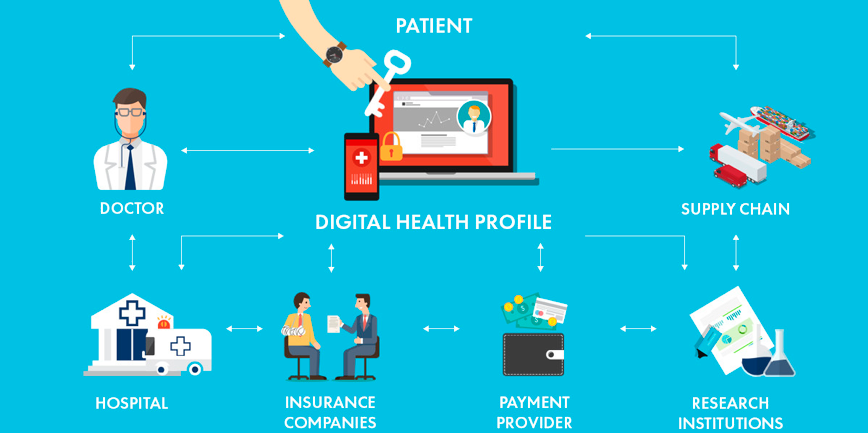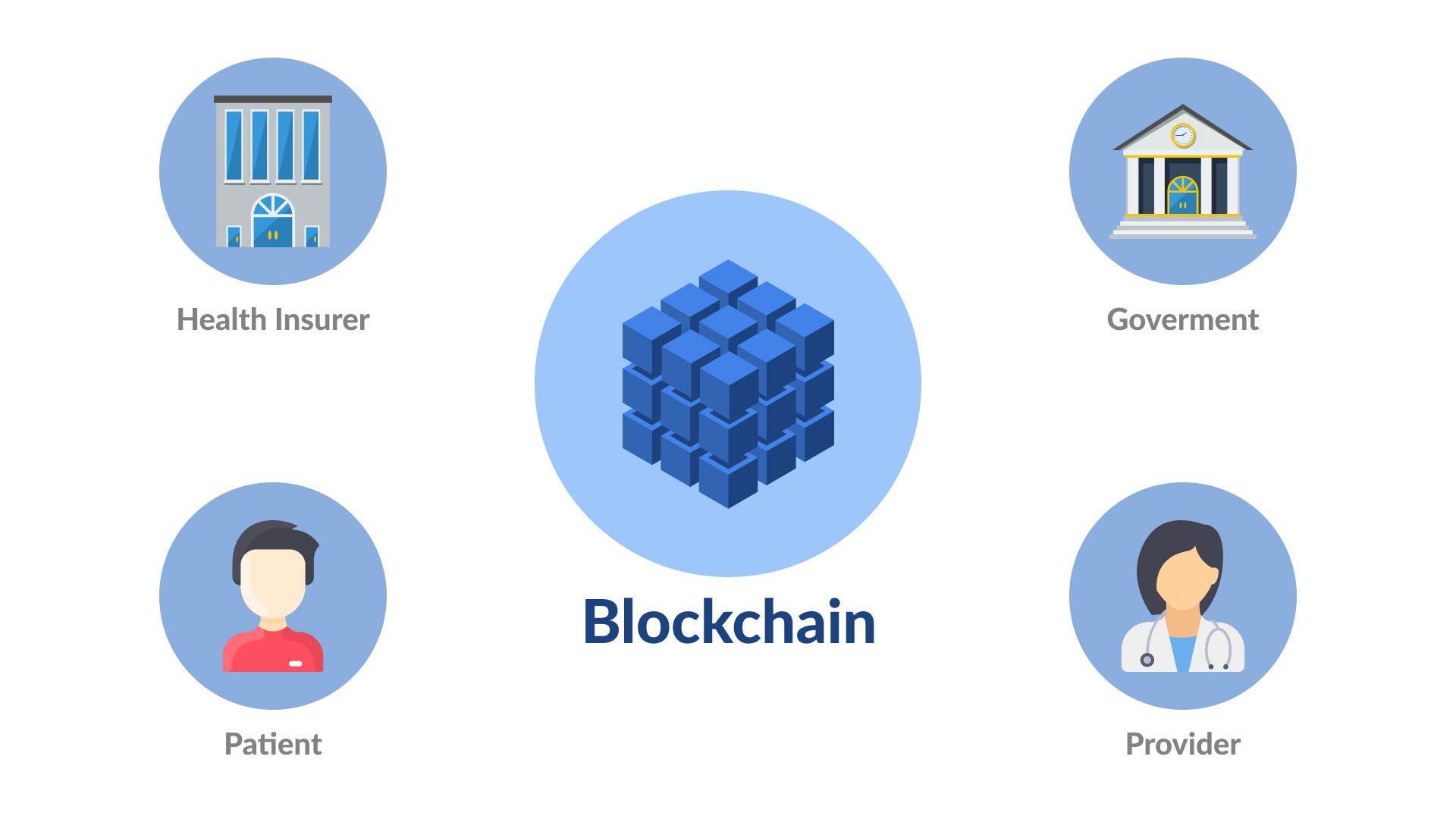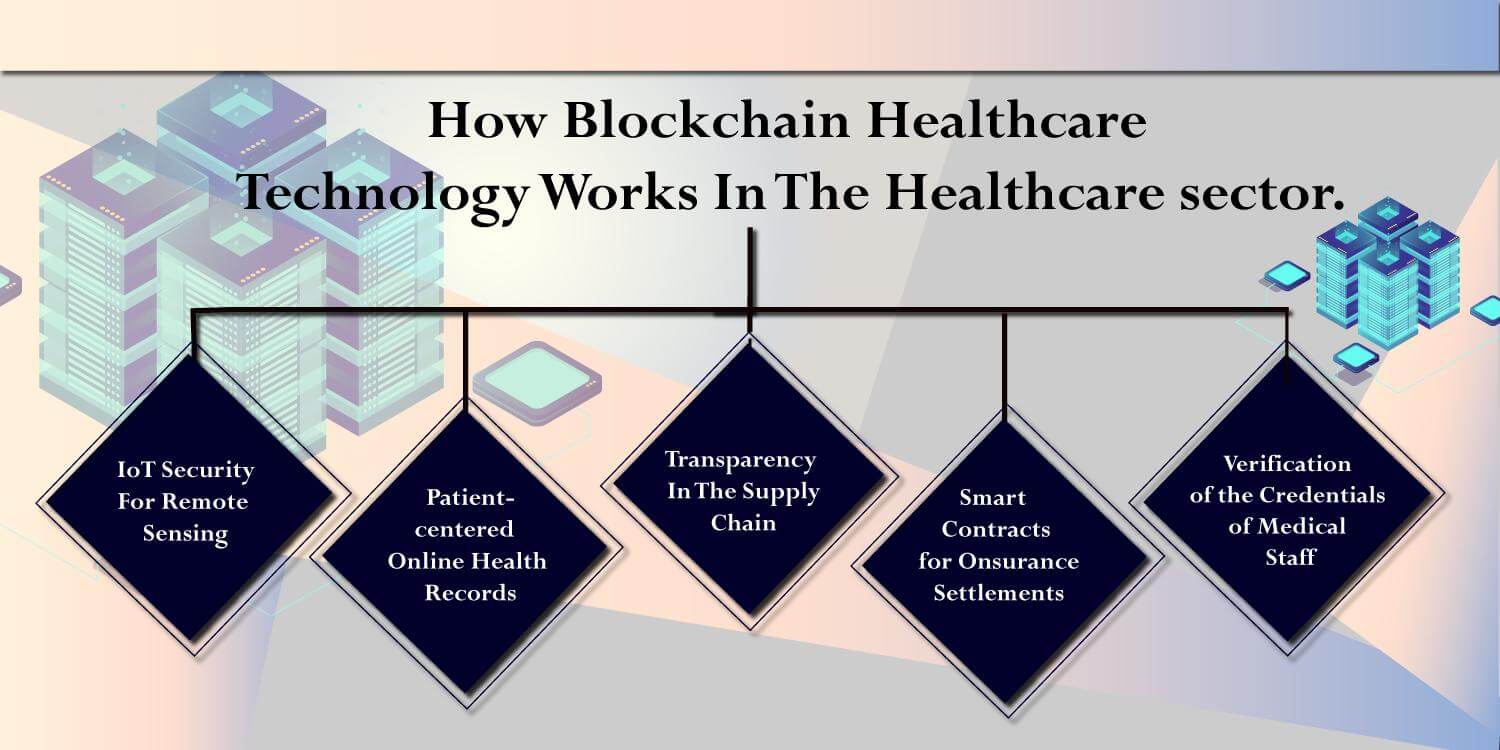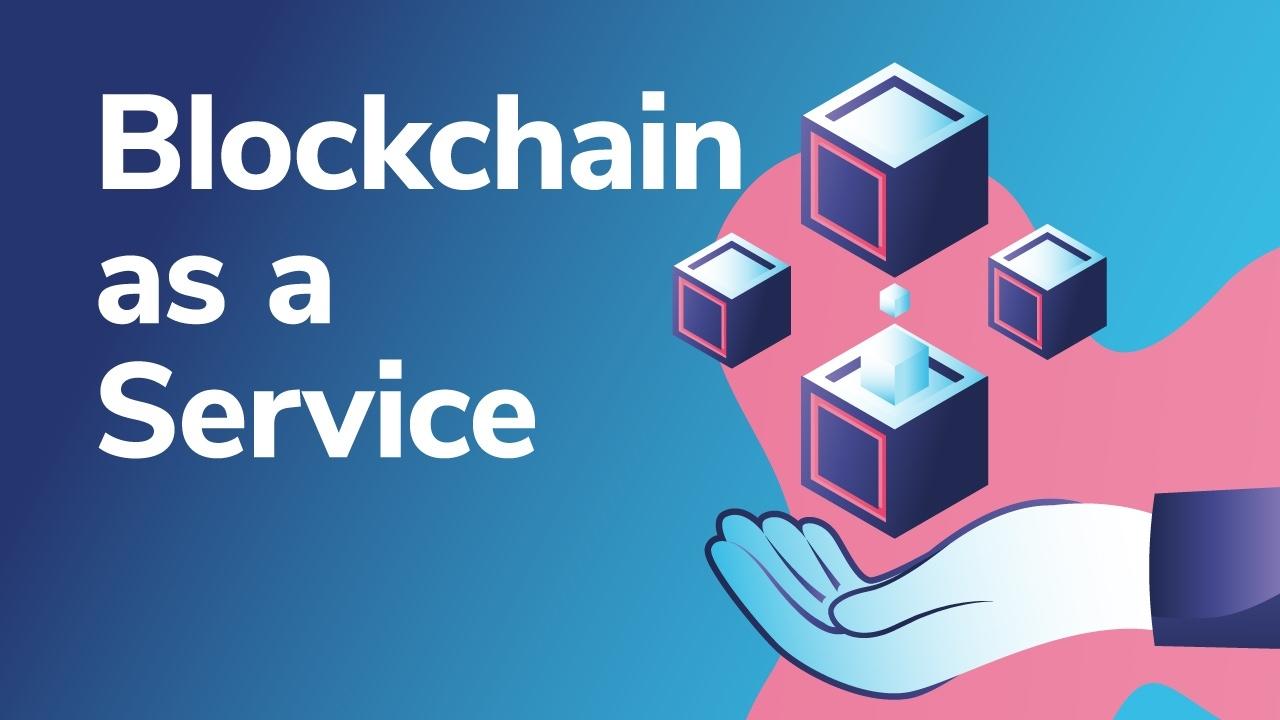Blockchain in Health Care | How Blockchain Technology is Transforming the Medical Industry 2025
 Denwigwe Blossom
Denwigwe BlossomBlockchain in Health Care | How Blockchain Technology is Transforming the Medical Industry

Blockchain in health care is finding practical applications in various modern medical practices, including pharmaceutical supply chain management and patient data security. The healthcare system is complex, involving doctors, nurses, emergency services, and patients. As the sector becomes more digitized, it faces significant challenges securing patient data and maintaining privacy. With over 300 breaches reported in 2017 alone, affecting millions of records, the need for robust data management solutions has never been more critical.
The Blockchain revolution in the medical industry seems timely. The United States, for instance, is expected to spend about 20.12% of its GDP on healthcare. The reasons for the high figures include constant data breaches, the high cost of hospital facility maintenance, and inefficient practices.
These factors, among several others, are why efficiency and innovation remain in high demand, hence the need for blockchain in healthcare. This article aims to cover several instances where blockchain in health care proved efficient.
How Can Blockchain Be Used In Health Care

Blockchain technology has several promising applications in healthcare. It can securely store and share patient records, ensuring data integrity and privacy. For instance, decentralized and tamper-proof systems for managing electronic health records (EHRs) can improve accessibility and reduce errors. Additionally, blockchain can enhance transparency and data security in medical research and clinical trials, ensuring the integrity of research data.
In the pharmaceutical supply chain, blockchain can track pharmaceutical production, distribution, and delivery, preventing counterfeit drugs and ensuring transparency. It can also streamline the claims and billing process, reducing fraud and improving efficiency. With its decentralized nature, blockchain is ideal for securing sensitive medical data against breaches and unauthorized access.
Also, blockchain can provide a secure and transparent way to manage patient consent for data sharing and medical procedures. These applications can significantly improve healthcare systems' efficiency, security, and transparency.
Blockchain in Healthcare Data Security

In 2023, a record 725 data breaches involving at least 500 patient records were reported to the Department of Health and Human Services Office for Civil Rights. Blockchain's ability to maintain an incorruptible, decentralized, and transparent log of patient data positions it as an ideal technology for security applications. Blockchain can protect sensitive medical data and conceal individual identities by employing complex codes. Its decentralized nature also enables patients, doctors, and healthcare providers to quickly and securely share the same information.
Anahi Santiago, CISO at Christiana Care Health System, emphasized the importance of information security in healthcare. She said, "I believe information security is a patient safety issue. And I think many organizations are just starting to consider it a risk to a patient's information and a risk to a patient's life. Bad information in a medical record could kill someone."
Blockchain in Medical Records
Approximately 25% of U.S. healthcare spending is considered wasteful, often due to services that lack clear benefits, are potentially harmful, or could be replaced with more cost-effective alternatives. Additionally, the time-consuming process of accessing patient medical records drains staff resources and delays patient care. By creating a unified ecosystem of patient data, blockchain allows healthcare professionals and institutions to reference medical records efficiently. This streamlined access can lead to more accurate diagnoses and personalized care plans, ultimately improving patient outcomes.
A well-known cardiologist and digital health expert, Dr. Eric Topol, said, "Blockchain technology can transform healthcare by creating a secure, decentralized, and transparent system for managing medical records, which can significantly enhance patient care and privacy."
Blockchain in Medical Supply Chain Management
Blockchain technology can greatly improve the management of pharmaceutical supply chains. It provides full transparency throughout the shipping process. When a drug's ledger is created, it marks its starting point. This ledger records data at every stage, including who handles it and where it has been until it reaches the consumer. This detailed tracking ensures that everyone involved has access to the same accurate and secure information, making the supply chain more efficient and trustworthy.
Dr. Aishwarya Sarthe, a known expert in digital health, emphasized that "Blockchain technology holds the potential to address long-standing issues in medical supply chain management, such as counterfeit drugs and inefficiencies in logistics, by providing unparalleled transparency, security, and efficiency."
Blockchain in Genomics
In 2007, sequencing a human genome would have cost about $1 million. Fast-forward to today, and that cost has plummeted to around $600, making it more accessible than ever. Blockchain technology is an excellent fit for the genomics industry because it provides a secure way to store and manage the vast amounts of genetic data generated. Using blockchain, genetic information can be encrypted, safely housed and decentralized, ensuring data integrity and privacy.
Also, blockchain has created a new marketplace where individuals can sell encrypted genetic data. This empowers individuals to control and monetize their genetic information and allows scientists and researchers to access a broader and more diverse genetic database more quickly. This increased access to valuable genetic data can accelerate research and lead to discoveries in medicine and genetics.
Case Studies of Companies Leveraging Blockchain in Healthcare

Several companies are already leveraging blockchain in healthcare to make a difference. Here is a case study of Companies Leveraging Blockchain in Healthcare.
AKIRI Leveraging Blockchain in Healthcare
Akiri is a company providing network as a service for and more interested in the healthcare industry. They help protect patient health data when it is being transported. They do not store patient data or any data; rather, they set policies and create data layers, verifying the source and destination of medical data in real time. By so doing, the data is ensured to be available and shareable only to authorized parties.
MedRec Leveraging Blockchain in Healthcare
MedRec was developed by MIT Media Lab and the Robert Wood Johnson Foundation. It is a blockchain-based system for managing patient data. MedRec aims to provide a transparent and accessible view of a patient's medical history, making it easier for patients and doctors to access and share information1.
SimplyVital Health Leveraging Blockchain in Healthcare
SimplyVital Health Company has launched projects like ConnectingCare, which uses blockchain technology to improve care coordination and financial forecasting for healthcare providers. Doing so helps reduce costs and improve patient outcomes.
Novo Nordisk Leveraging Blockchain in Healthcare
Novo Nordisk pharmaceutical company has implemented blockchain technology in its Electronic Patient Interactive Device (ePID) to secure patient data during clinical trials. The use of blockchain ensures that medical information is not breached or altered, maintaining the integrity of the trial process2.
Rapid Innovation Leveraging Blockchain in Healthcare
Rapid Innovation offers tailored blockchain solutions to enhance operational efficiency and data security for healthcare organizations. Their solutions help streamline processes, reduce fraud, and improve patient care.
How Coinplify Helps Health Care Institutions Leverage Blockchain By Building Blockchain Healthcare Software for Companies

Coinplify complements the healthcare industry by offering blockchain-based software as a service to medical institutions. Instead of managing patient data directly, Coinplify helps healthcare organizations build robust frameworks that leverage blockchain technology. These frameworks ensure secure, transparent, and efficient medical data management, addressing critical challenges like data breaches and administrative inefficiencies.
By providing blockchain software solutions, Coinplify enables medical institutions to improve care coordination and patient outcomes. Their innovative tools facilitate secure data sharing and automate administrative tasks through smart contracts. This allows healthcare professionals to focus more on patient care, reducing the paperwork burden and enhancing overall efficiency.
Coinplify's commitment to delivering cutting-edge blockchain technology as a service is transforming the healthcare landscape, paving the way for a more secure and patient-centric future. Through their software services, Coinplify empowers healthcare organizations to harness the full potential of blockchain, ensuring that medical data is handled with the highest standards of security and integrity.